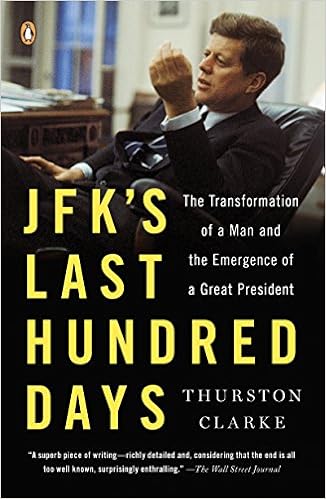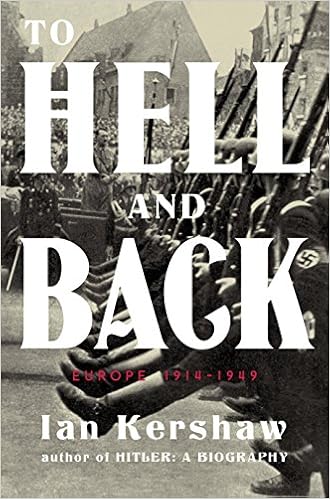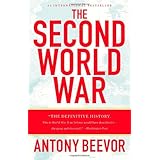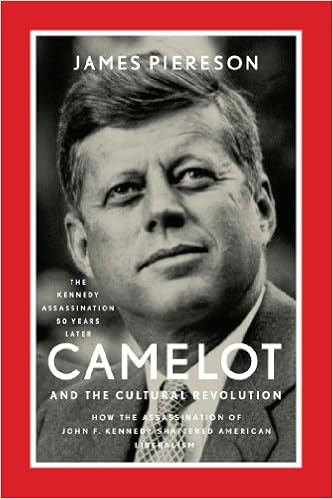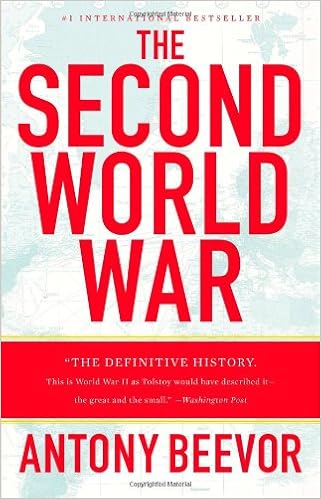Vietnam - the exception that proves the rule that says America doesn't lose wars. Despite all the difficulties, tragedies, missed opportunities, and sheer folly that has studded the long course of the never-ending wars on terrorism, no military failure has yet replaced Vietnam for sheer drama, scope, and humiliation in the minds of the most stalwart patriots. The images of those helicopters, the desperate people clinging to them as they frantically lifted off the airstrip, abandoning Saigon as it fell to Communist forces once and for all - seared itself into the pride of a people long accustomed to winning.
Was the defeat a foregone conclusion? Was the outcome inevitable? Did every president from Kennedy to Ford pursue the same course leading inexorably to both the escalation of the war and the defeat which followed? The evidence suggests
no to all these questions but this post is concerned with what Kennedy would have done. This is particularly tantalizing because Kennedy was the last president who was in a position to prevent the American commitment in South Vietnam from escalating into a full-scale American war. We can not help then but to see the Kennedy assassination as a pivotal event that changed the course of world history. Thurston Clarke's
JFK's Last Hundred Days demonstrates, convincingly, that it was.
Clarke compiles overwhelming evidence to show that President Kennedy would have extricated America from the Vietnam conflict by 1965. Following his election in 1960, President Kennedy had to walk a fine line on his administration's Vietnam policy. No less than today, Democrats in Kennedy's day were vulnerable on foreign policy. The Democratic Truman administration and Congressional Democrats took a beating in the elections after China fell to Communism in 1949. After that, Democrats were vulnerable to the charge of being weak on Communist aggression abroad. That was a major factor in Truman's decision to intervene in Korea. It was the same impetus behind Kennedy's need to send advisers to Vietnam and to prop-up Diem's regime. All the while Kennedy played lip service to a steadfast commitment in Vietnam, he simultaneously worked on a plan of withdrawal.
So it came to be that Kennedy sent the first 16,300 military advisors to Vietnam. These advisors undoubtedly found themselves in combat situations and some of them died, but in all the years of the Eisenhower and Kennedy presidencies combined, only 78 servicemen had been killed in Vietnam. These figures hardly qualify as those representing a full-scale military committment requiring the victory demanded by the sacrifices already paid. That dynamic came later, and under a different president.
The evidence is clear in the declassified oval office tapes and in testimony from former administration officials that the full-blown Vietnam war would not have happened under JFK.
Here are some fascinating revelations from Thurston Clarke:
On November 22 [the day Kennedy was killed in 1963] there had been 16,300 advisers in Vietnam, but no combat units. During the U.S. involvement in the conflict under the Eisenhower and Kennedy administrations, 78 U.S. servicemen had been killed in action. After Johnson had been in office for a year there were more than 23,300 advisers in the country and 225 had been killed. By December 1965, after Johnson had escalated the war and sent U.S. combat units into battle, there were 185,000 U.S. troops in Vietnam and almost 1,600 American dead. By the end of 1967, U.S. forces numbered 485,000 with almost 16,000 killed.
Clark Clifford had advised both Kennedy and Johnson and served as Johnson’s secretary of defense during his last year in office. He later wrote, “On the basis of personal intuition and a knowledge of both men, I believe that because of profound differences in personality and style, Kennedy would have taken a different path [on Vietnam] in his second term.” Elaborating on what this path would have been, he added, “I believe Kennedy would have initiated a search for either a negotiated settlement or a phased withdrawal.”
Robert McNamara wrote in his memoirs that Kennedy’s comments to Huntley and Brinkley on September 9, 1963, had been an aberration and that “the great preponderance of President Kennedy’s remarks—both before and after this interview, in public and in private—was that, in the end, the South Vietnamese must carry the war themselves; the United States could not do it for them.”
Walter Cronkite, whose interview had elicited one of these public remarks, wrote, “I have always believed that had he [Kennedy] lived, he would have withdrawn those advisors from Vietnam.”
Senator Wayne Morse, who frequently butted heads with Kennedy over Vietnam, said, “He’d seen the error of his ways. I’m satisfied that if he’d lived another year we’d have been out of Vietnam.”
In his 1970 oral history, the former deputy secretary of defense Roswell Gilpatric said, “Based on my exposure to the President’s views over that nearly three-year period, I felt he was looking for an opportunity to pull back, and it would have been very hard to persuade him to reverse course.” He admitted that it was impossible to know for sure what Kennedy would have done, but said, “my view is consistent with everything he did do and said before his death,” adding, “he would have been very reluctant to involve ourselves to the extent that the country did after Johnson took over.”
John Connally wrote in his autobiography, “My guess is that Jack Kennedy would have withdrawn American troops from Vietnam shortly into his second term. . . . He was less charmed by the generals than Johnson and less susceptible to their pressures. I believe he had already concluded that the war was unwinnable.”
Walt Rostow served in both administrations, first as an adviser to Kennedy in the White House, then in the State Department, and finally as Johnson’s national security adviser. He was an unwavering hawk on Vietnam who had pushed for a more robust American commitment to both presidents. While riding a ski lift in Aspen with Marie Ridder, he said, “I’m doing better with Johnson because Kennedy wouldn’t listen to me about Vietnam.”
McGeorge Bundy served as Johnson’s national security adviser for two years and supported his escalation of the war. In an oral history archived in the LBJ Library, he said that he believed Kennedy “would have been freer to cut loose” from Vietnam after the 1964 election because he would not have had to face the electorate again, whereas until March 1968, Johnson had been planning to seek a second term. He said about Kennedy, “I don’t think he would ever have wanted to have the ground war become our war,” dismissed as “total baloney” the argument that Kennedy and Johnson would have pursued the same policy in Vietnam because they were both advised by himself, Rusk, and McNamara, and said the three of them understood they were working for different presidents, who were making their own decisions.
In 1993, Schlesinger wrote in his diary that Bundy had told him that “on reflection he did not think that JFK would ever have sent U.S. ground forces into the Vietnam War.” Bundy believed that Johnson’s decision to escalate the war was grounded in his character. He pointed out that Johnson had also been more hawkish than Kennedy during the Berlin and Cuban missile crises, calling him “temperamentally sort of always more ‘one more regiment’ than Kennedy.”
-The italicized passages are excerpted from
